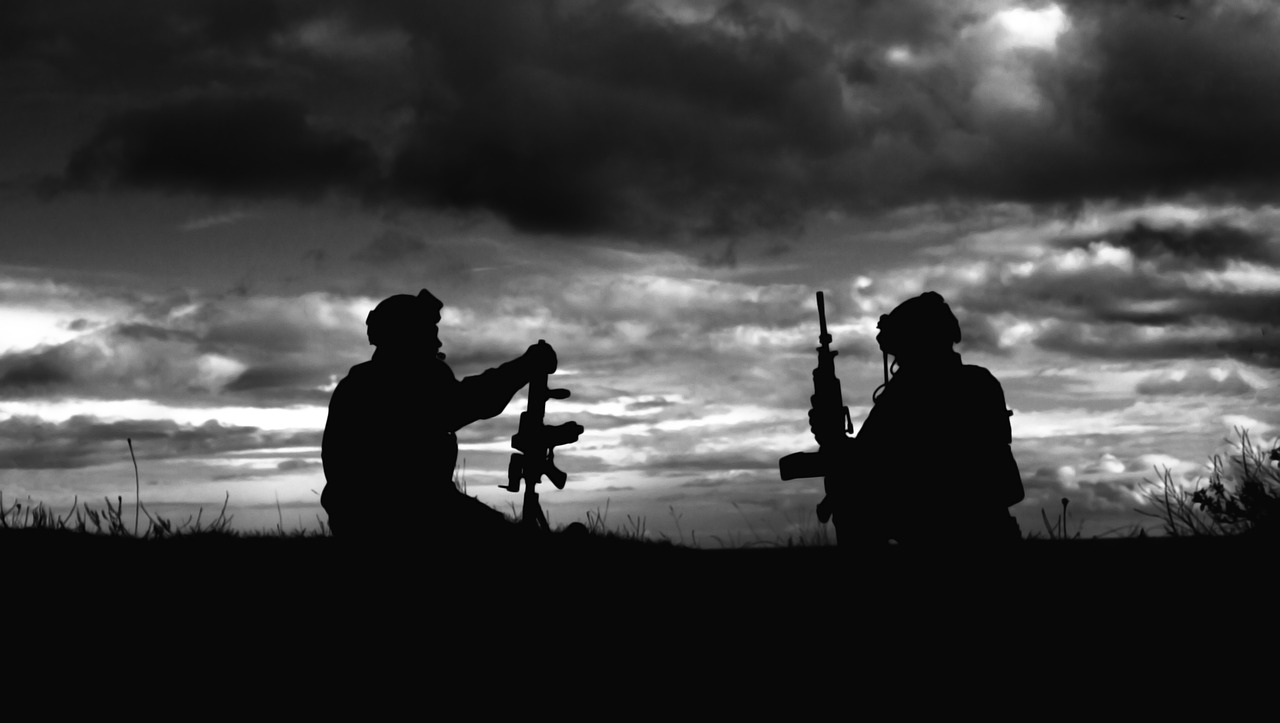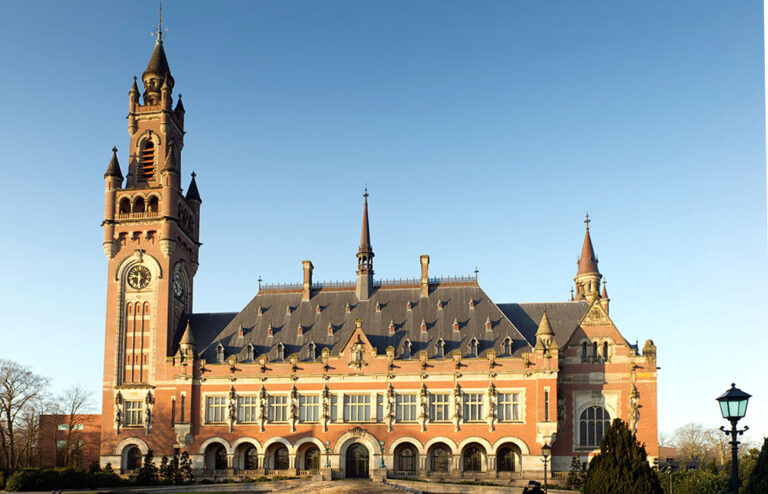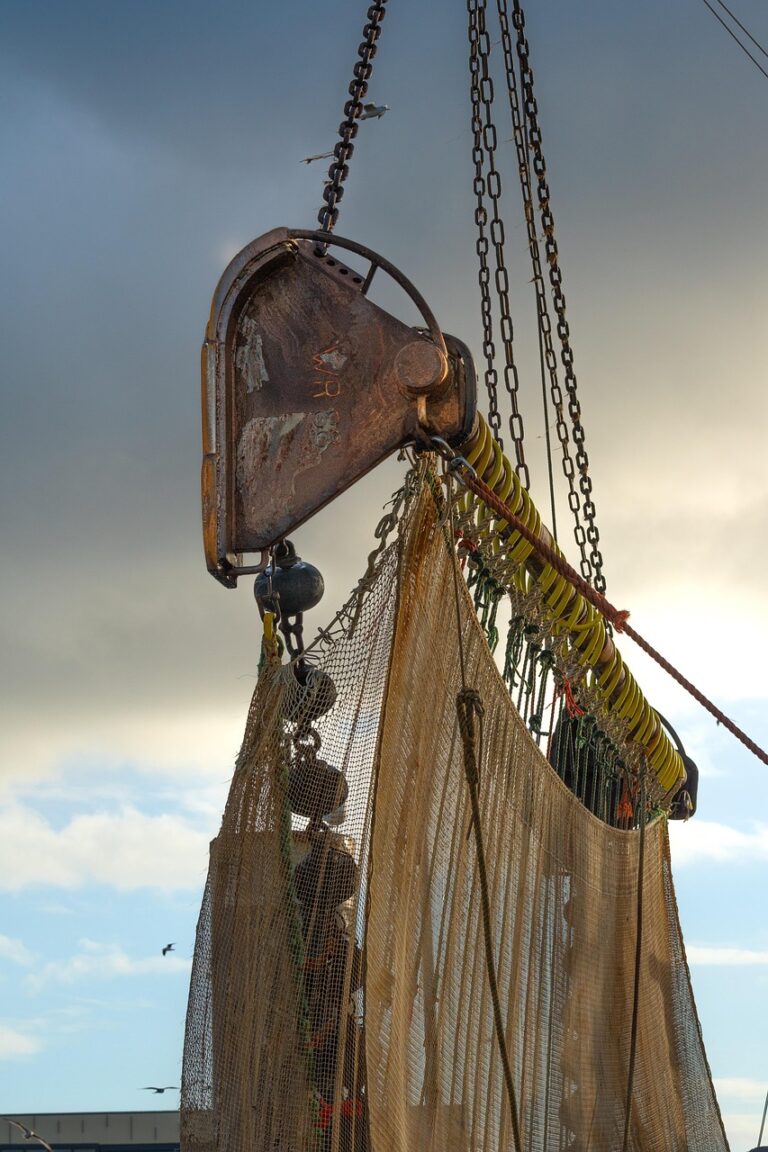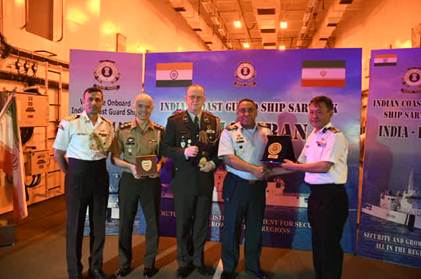
By Antony J. Blinken*
Secretary of State, USA
When it comes to Syria, I was around during the [then United States President Barack] Obama administration when we had to deal with [deposed Syrian President Bashar al-] Assad’s horrors and brutality. And to see Assad chased out of Syria, leaving aside all the other complications that we now have to face, in and of itself is something that I’m not exactly shedding any tears over.
The big – the fundamental question now is this: Can Syria, can the Syrian people, take advantage of this moment, put their country on a better track, and to seize an opportunity for the first time in decades not to be governed by a dictator, not to be governed by an outside power, not to be governed by a terrorist organization, not to be governed by one sect or minority over another? That’s the challenge. It’s the opportunity, but it’s incredibly, incredibly fraught.
[Editor’s note: There have been reports of some deadly fighting in Manbij in the north of Syria involving the pro-Turkish fighters and the Syrian Kurdish fighters but the US does not see large-scale fighting. Israel too has occupied large Syrian territory and its tanks are very close to Damascus. Still, the US refers to Israel’s claims that these are temporary limited defence of its borders. The USA’s priority is continuing to work with its local partners, the Syrian Democratic Forces, a Kurdish-led coalition of U.S.-backed left-wing ethnic militias and rebel groups, to carry out the shared D-ISIS mission].
We came together just a few days ago in Jordan, bringing together Türkiye, Jordan, Egypt, the Gulf states, Iraq, some of our European partners as well. And we laid out together some principles for what we expect going forward in Syria if what emerges in Syria wants to have the recognition, the support that it’s going to need from the international community. So I think that was a very useful exercise in kind of laying out those expectations, the principles that we put out. At least it says to the new authorities in Syria or the emerging authorities: Here’s what we need to have in mind if we’re going to get the support and recognition that we want. And we’re engaged with the groups that are emerging, including [Hay’at Tahrir al-Sham]HTS.
The question that they have to ask themselves is this – or maybe the lessons that I think they have to have in mind is this. One is Assad. Assad’s utter refusal to engage in any kind of political process is one of the things that sealed his downfall. So they should be thinking about that. Now, of course, the other thing that sealed his downfall is the fact that his patrons became very distracted of problems of their own making that we exacerbated – whether it was the Russians in Ukraine, whether it was the Iranians and their attacks on Israel and everything that was done in response, or whether it was Hizballah.
The other thing they have to ask themselves is the Taliban – there is a lesson there. The Taliban projected a more moderate face or at least tried to take over Afghanistan, and then its true colours came out. The result is it remains terribly isolated around the world. And so if you’re the emerging group in Syria, again, if you don’t want that isolation, then there are certain things that you have to do in moving the country forward and make sure you’re moving it forward in an inclusive way, in a non-sectarian way, to deal with and protect minorities, to deal with some of the security challenges, whether It’s chemical weapons, whether it’s groups like [the Islamic State of Iraq and Syria] ISIS.
So what we’re trying to do now is to make sure, with many other countries, that we have this unified approach and that these considerations are front of mind for HTS and those emerging in Syria. No guarantees whatsoever that it works that way. You can certainly see a path forward where the country fragments. I think that would have bad consequences for the Syrians and for people beyond Syria.
But we have a real stake in this. We know from hard experience that what happens in Syria doesn’t necessarily stay inside of Syria. And whether it’s enabling a base for terrorism that gets exported, whether it’s mass displacements of populations that have had impacts way beyond Syria, it really matters.
And the last thing I’d say is this. One of the successes that President [Donald] Trump had during his first administration was effectively completing the job that was started by the Obama administration in eliminating the territorial caliphate that ISIS was trying to establish. The final nail in the coffin was taking back Raqqa, and that happened under President Trump’s watch. So I think President Trump will have a strong incentive to want to make sure that we’re at least keeping a lid on ISIS re-emerging in Syria.
But the most effective way to do that beyond making sure that we keep whatever forces are necessary to do that, that we have our partners who are able – who have been working on doing that with us be able to do their jobs, is also to try to support Syria in this construction project of a new and better Syria. I’m saying all of that with eyes wide open. Really, really hard, but at least there is a moment here, an opportunity, that I don’t think any one of us expected. What we saw before Assad fled was most people running to Damascus to try to re-establish relations with Assad, thinking he wasn’t going anywhere. Well, that was proven powerfully wrong.
*Excerpts from a conversation at the Council on Foreign Relations in New York today (IST)






